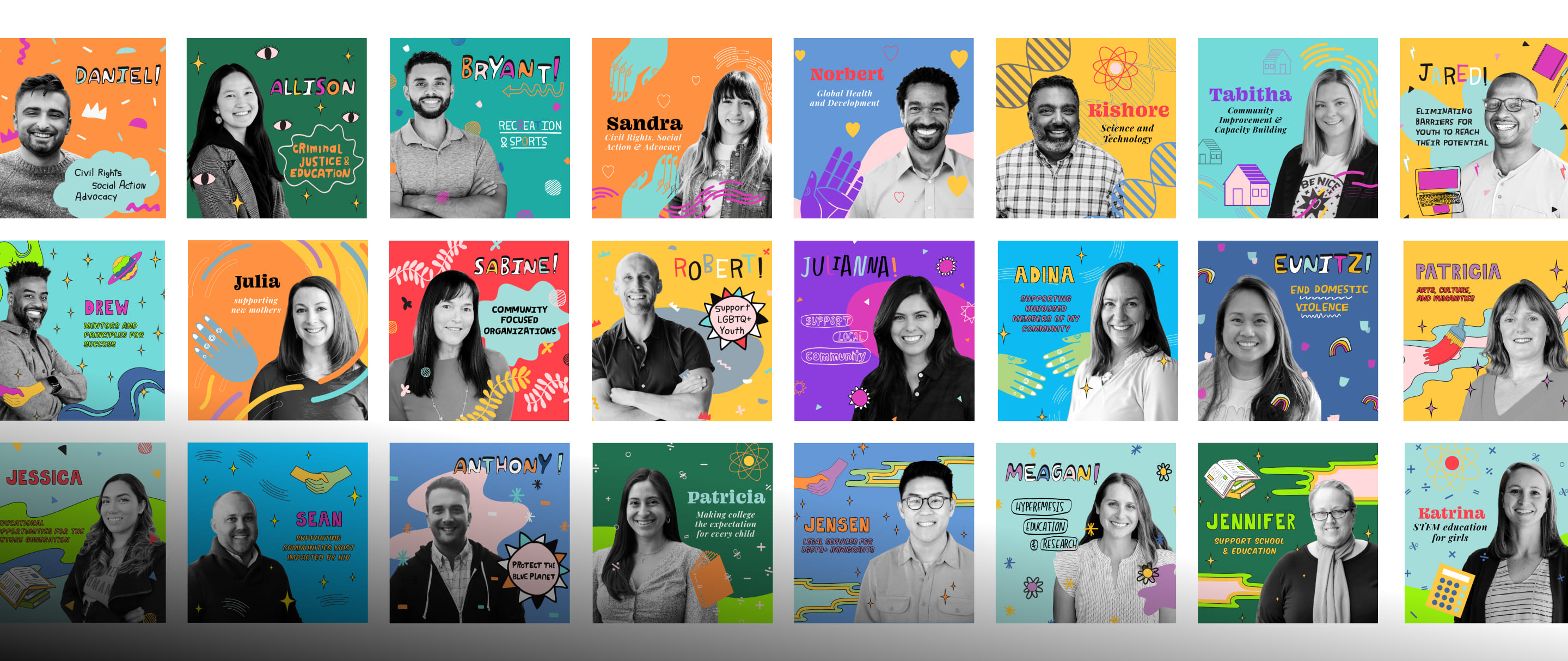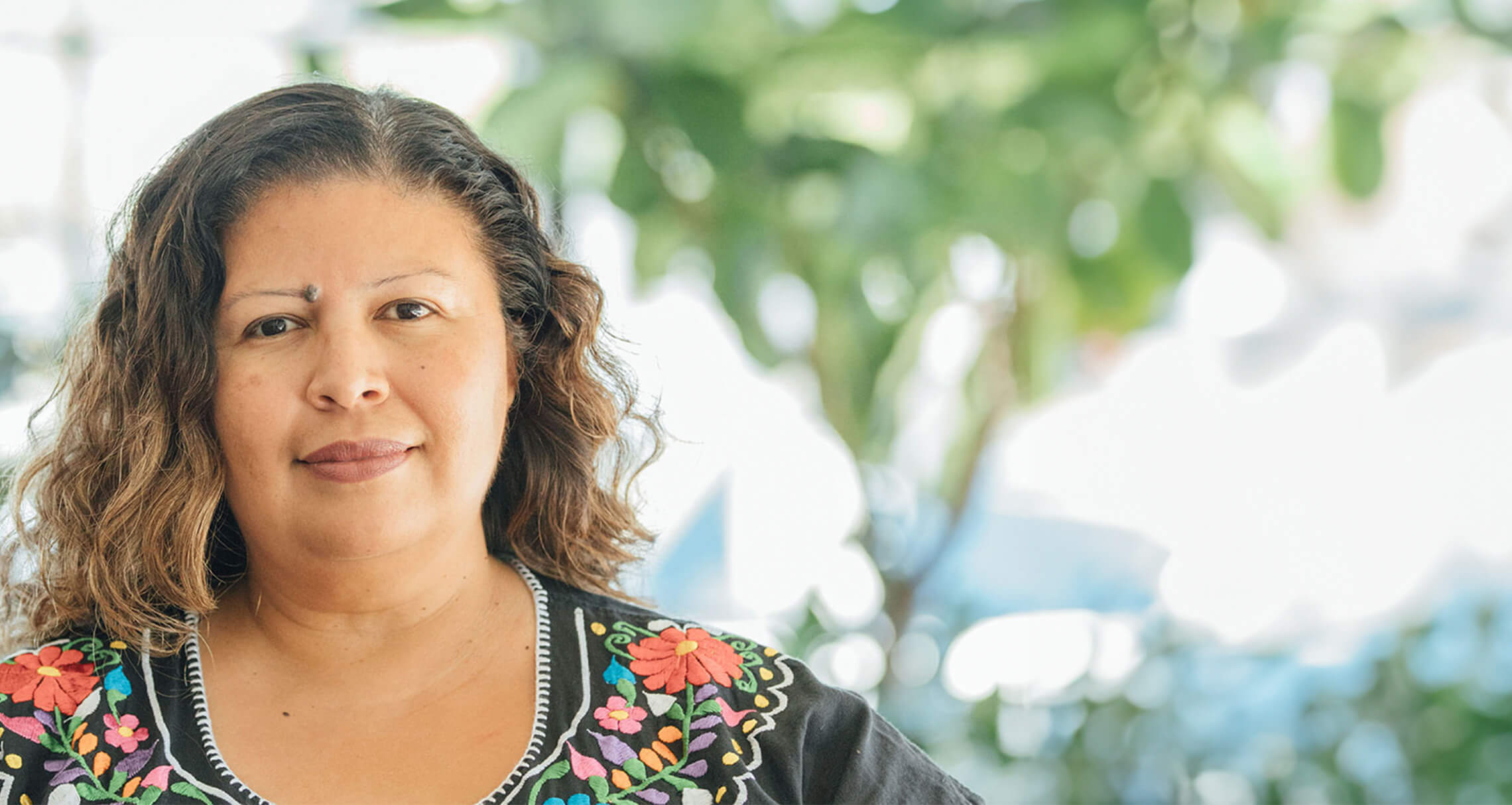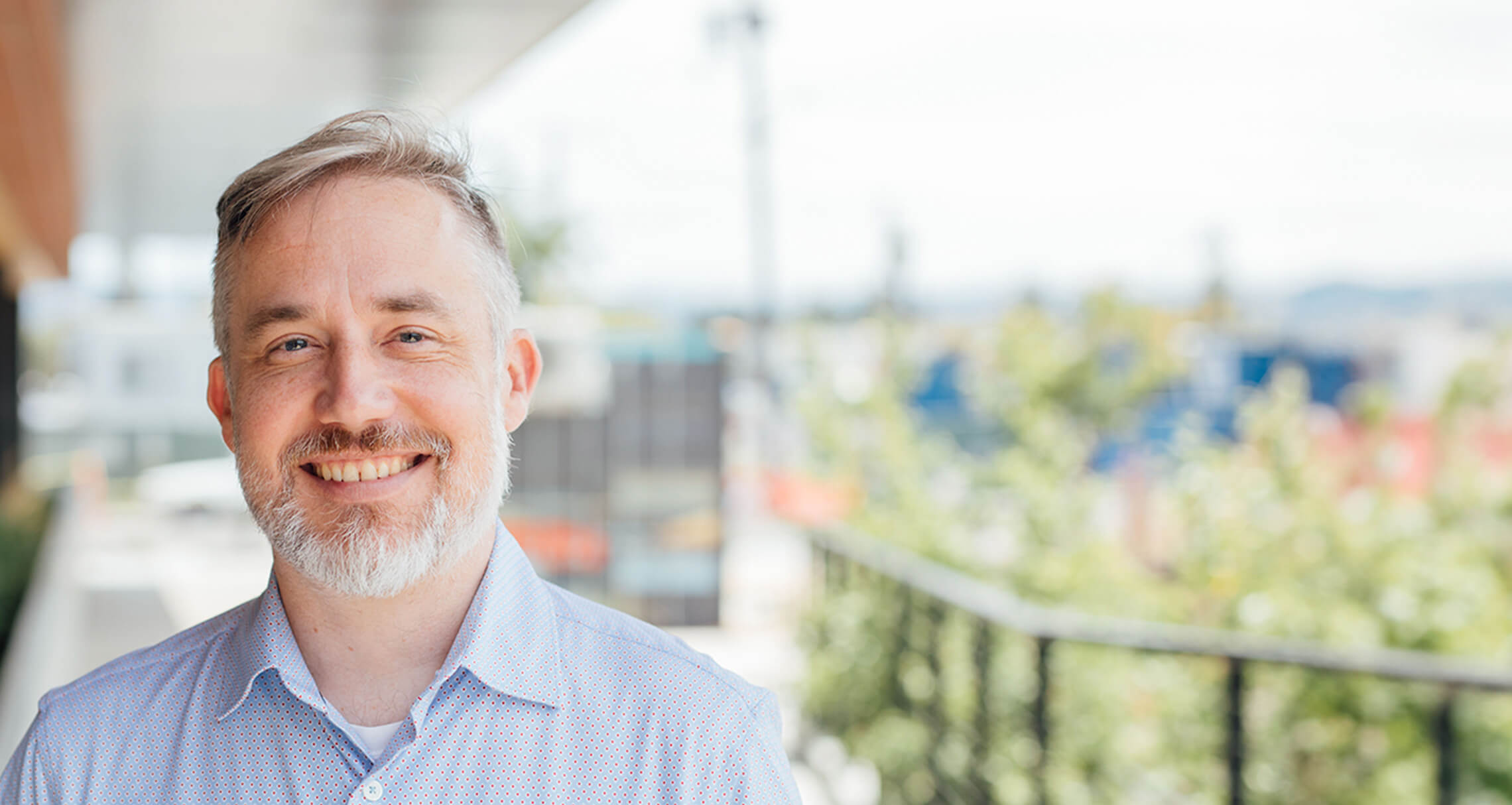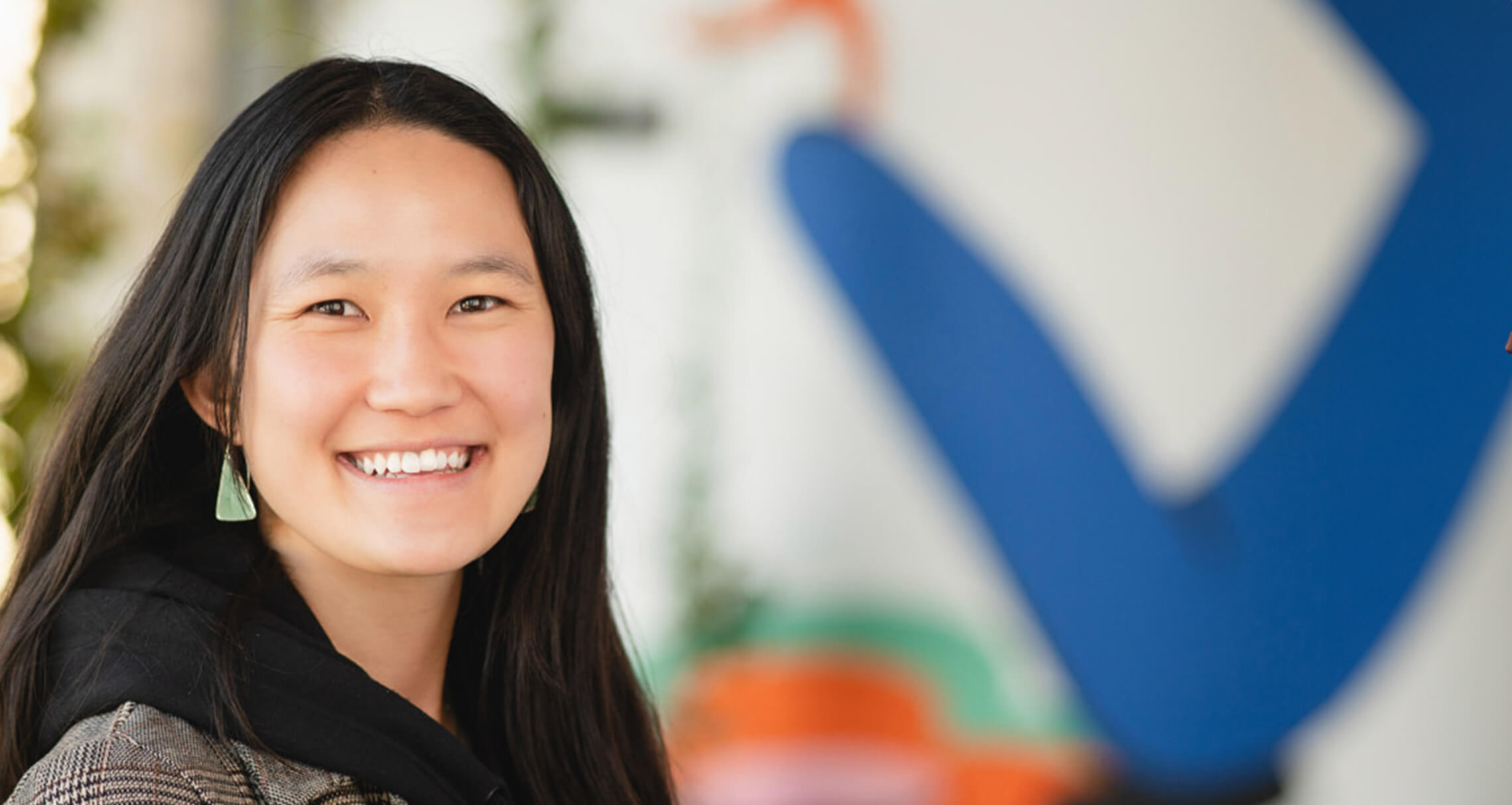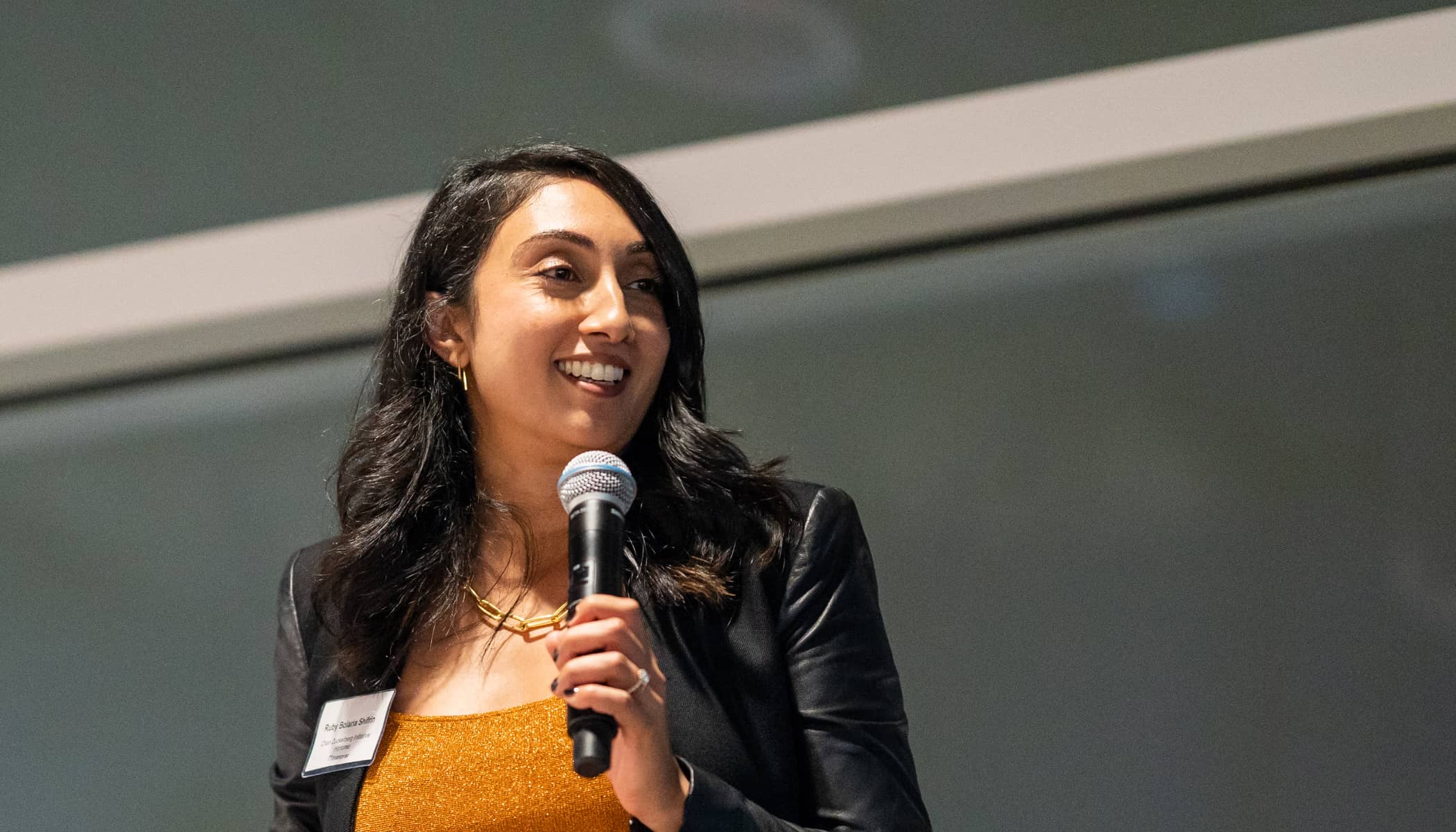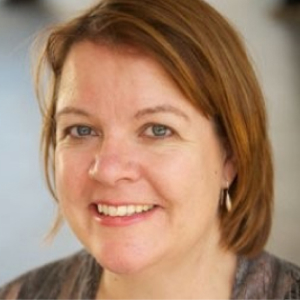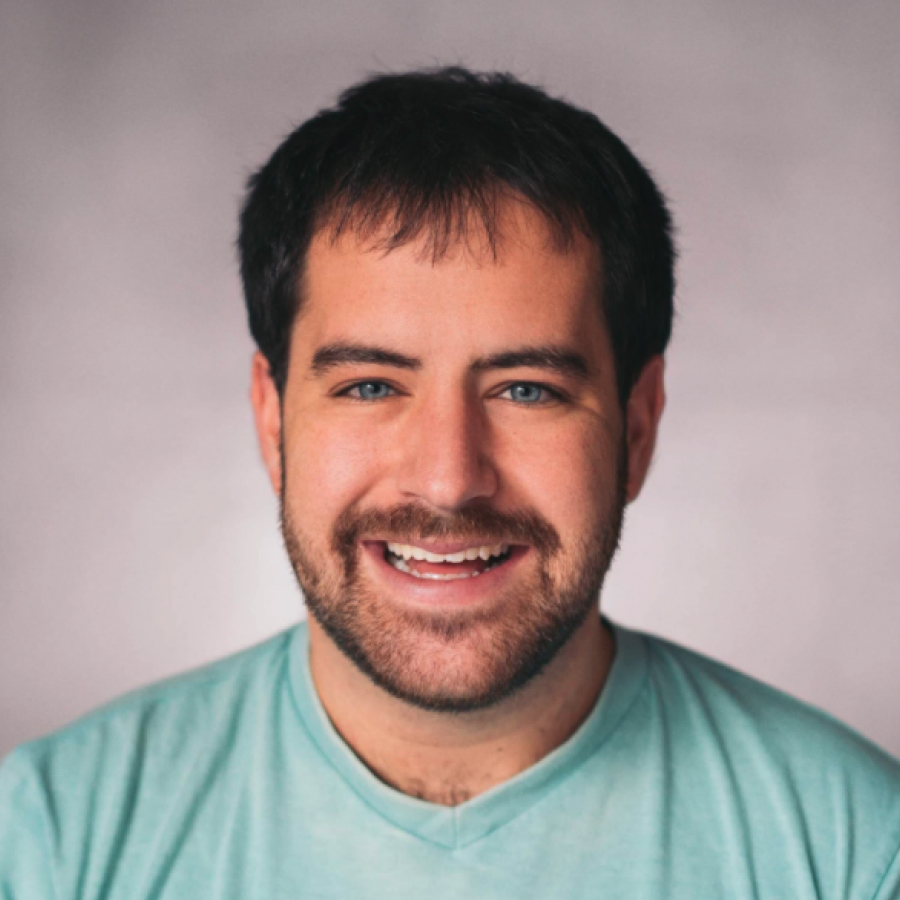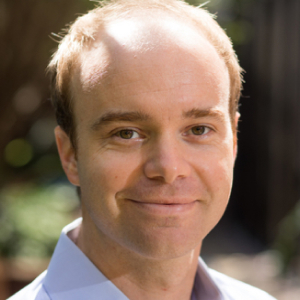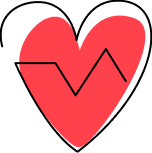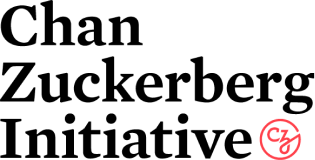Our Mission
The Chan Zuckerberg Initiative, or CZI, is a new kind of philanthropy that's solving some of society’s toughest challenges — from eradicating disease and improving education, to addressing the needs of our communities. Through collaboration, providing resources and building technology, our mission is to help build a more inclusive, equitable and healthy future for everyone.
Our Culture
Our culture begins with our employees, and we’re committed to not only building a diverse workforce, but also making sure that every person feels like they belong and are valued. We offer Employee Resource Groups that build community among our staff, and foster a safe and inclusive environment for personal and professional growth. CZI employees shape our culture by leading programming that allows us to have fun outside of our day-to-day roles, including team-wide and org-wide happy hours, lunch and learns, volunteer opportunities, and offsites. Lived experiences, work experiences, and recreation, are all essential when it comes to building out and supporting the teams throughout our organization.
Working ReImagined
As the future of work evolves, so do we. CZI understands that people's lives are multifaceted — you have friends, family, and community commitments that drive the way you live your life, both in and outside of work. The ability to care for yourself and your loved ones is an important part of your happiness and success at CZI. It is important to our mission and the health of our organization to support the “Whole You” and attract and retain amazing employees who drive our work forward.
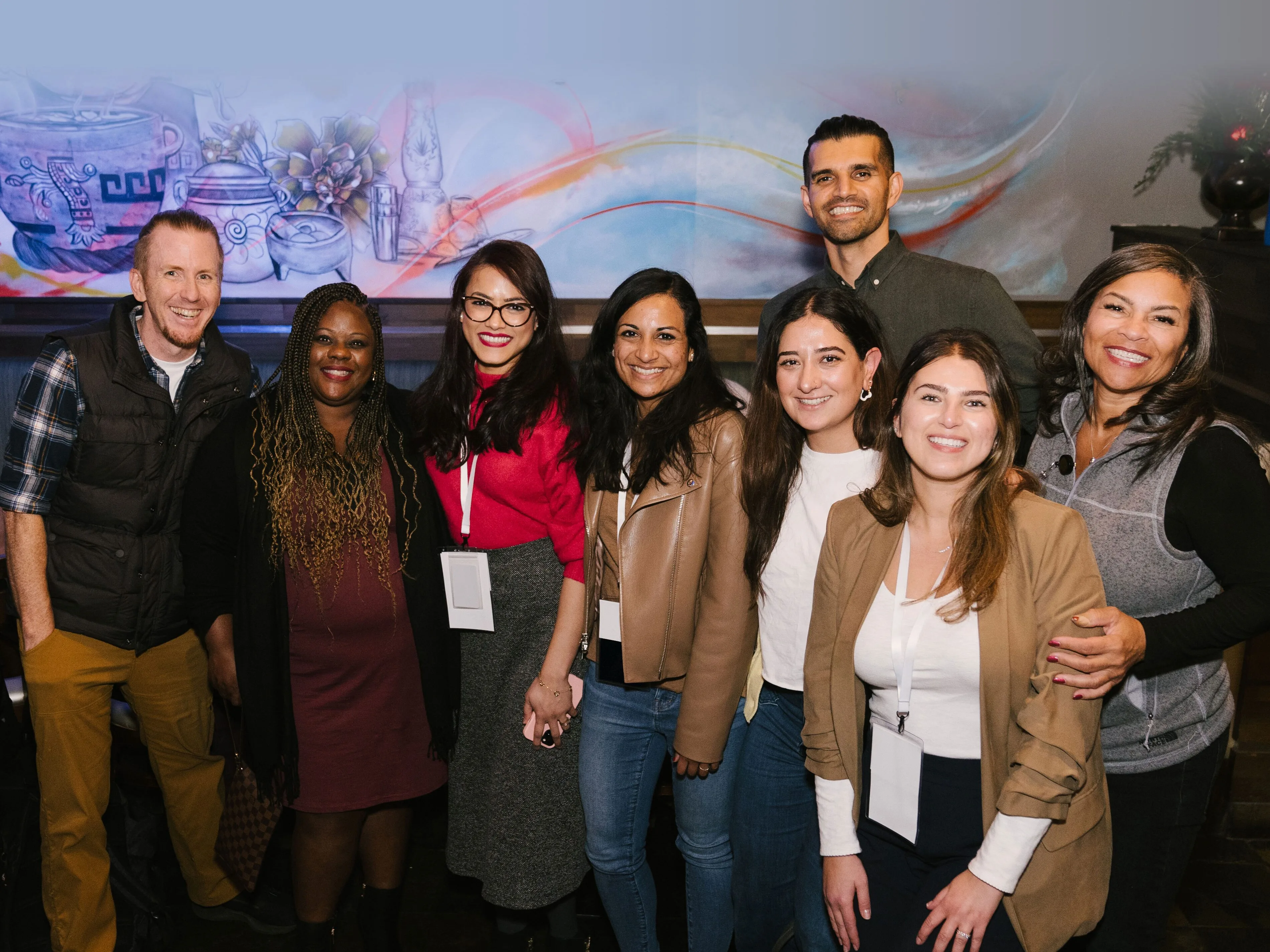
Diversity, Equity, and Inclusion
We believe that the strongest teams and best thinking are defined by the diversity of voices at the table — including those from historically marginalized groups. We are committed to fair treatment and equal access to opportunity for all CZI team members, and to maintaining a workplace where everyone feels welcomed, respected, supported, and valued.




